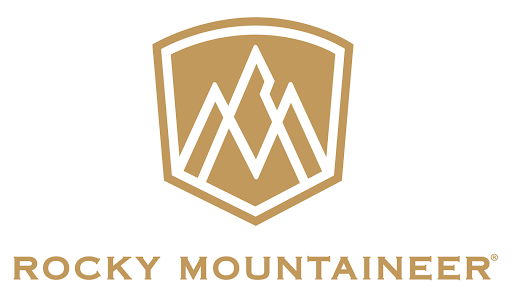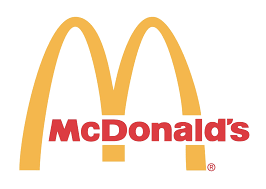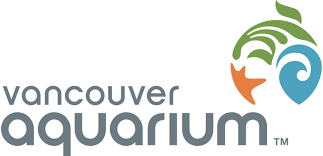Entry Requirements
Students must complete an intake with recruitment team.
- Applicants must provide a valid photo ID or birth certificate
- Applicants must hold a high school diploma or be at least 19 years of age
- Students under the age of 19 require their parent or guardian’s signature
- Student must complete an intake with Admissions team member
Admission Requirements:
- Applicants must provide a valid photo ID or birth certificate
- Applicants must hold a high school diploma or be at least 19 years of age
- Students under the age of 19 require their parent or guardian’s signature
- Student must complete an intake with Admissions team member
Course Prerequisites
None
Course Duration
8 Weeks / 48 hours
Cost
CAD 850
Delivery Methods
Online| On-campus| Combined
Completion
Certificate
Learning Outcomes
Upon successful completion of this course, students will be able to:
- Define “service” and summarize the role of service in the hospitality industry.
- Become acquainted with the social, economic and environmental context within which the hospitality industry operates in Canada.
- Summarize reasons people travel and describe travel trends and types of travel research.
- Understand the structure, nature and operating characteristics of the different sectors of the Canadian hospitality industry: food service, lodging and tourism.
- Obtain an appreciation of the various functions of management and their interrelationships with other key concerns of managers such as marketing, finance and human resource management.
- Understand the difference between hotel cost and revenue Centres.
- Identify the role of managers in the Canadian hospitality industry and to highlight their principal responsibilities.
- Develop an appreciation for Social Responsibility and ethics as it pertains to business management.
- Provide an opportunity for further developing those skills which are important to learning, e.g. library skills, study skills, and so forth.
- Judge whether the hospitality profession suits your abilities, tastes, and career interests.
- Experience working collaboratively in groups to achieve specified goals.
Student Progression And Reporting
Student will be assessed by daily attendance, assignments, and completion of in class activities.
| Classroom Decorum | 15% |
| Attendance | 15% |
| In-Class Activities & Participation | 10% |
| Quiz | 10% |
| Assignment | 30% |
| Final Exam | 20% |
Completion Requirements:
To successfully complete this course, students must:
- Pass the final exam
- Attend a minimum of 80% of the scheduled classes
- Achieve a minimum overall score of 50%
Minimum Technology Requirement:
| Component | Specification |
| Processor | Intel Core i5 or AMD Ryzen 5 (or better) |
| RAM | At least 8 GB |
| Storage | Minimum 256 GB (SSD recommended) |
| Internet | High-speed connection |
| Peripherals | Webcam, Microphone, Headphones/Earbuds |
| Operating System | Windows 10 or newer, macOS 10.14 or newer |
| Software | Web browser (Chrome, Firefox, Safari, or Edge), Video conferencing tools (e.g., Zoom, Microsoft Teams) |
Course Schedule:
| Modules | Topics |
| 1 | Foundations of Digital Forensics
Language of Computer Crime Investigation |
| 2 | Digital Evidence in the Courtroom
Cybercrime Law |
| 3 | Conducting Digital Investigations
Handling a Digital Crime Scene |
| 4 | Investigative Reconstruction with Digital Evidence
Motive, and Technology |
| 5 | Violent Crime and Digital Evidence
Digital Evidence as Alibi |
| 6 | Sex Offenders on the Internet
Computer Intrusions |
| 7 | Cyber stalking
Computer Basics for Digital Investigators |
| 8 | Applying Forensic Science to Computers
Digital Evidence on Windows Systems |
| 9 | Digital Evidence on UNIX Systems Digital Evidence on Macintosh Systems Digital Evidence on Mobile Devices |
| 10 | Network Basics for Digital Investigators Applying Forensic Science to NetworksDigital Evidence on the Internet |
| 11 | Review |
| 12 | Final Exam and wrap up. |
Tuition & Fees
| Tuition | International: CAD 850 | Domestic: CAD 850 |
| Admin (only if applicable) |
Course retake: CAD 850 per course | Copy of Transcript: CAD 20 per copy |














